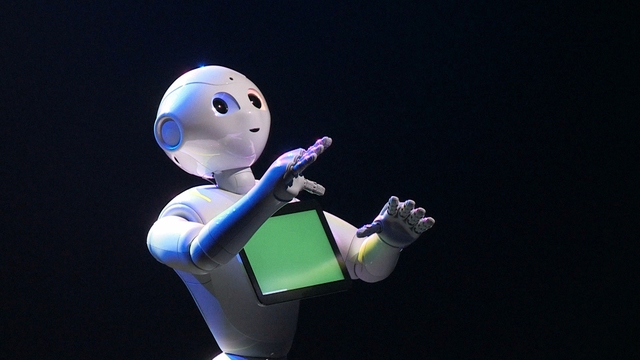Asimov's Prophecy
 Fifty years ago, American science-fiction writer Isaac Asimov predicted that we were on the cusp of new age relationships between man and machine. But as machines learn even to love, what does this mean for humanity?
Fifty years ago, American science-fiction writer Isaac Asimov predicted that we were on the cusp of new age relationships between man and machine. But as machines learn even to love, what does this mean for humanity?
There are clear economic benefits to Japan's robotics industry - productivity at the Glory Factory has been revolutionised, says employee Toshifumi Tsuji. "The big difference is that they don't need breaks, weekends or holidays, and can even work at night. Thanks to them, we increase our production." Yet even more surprising are the robots offering care to humans. In a home for the elderly, Ms. Wakabayashi loves to spend time with Paro - a robotic seal who has been caring for Alzheimer sufferers for 3 years. "How cute you are. So sweet!", she says. Covered in synthetic white fur, Paro can express emotions and is sensitive to sound, light and touch. This unusual bond is based in ancient Buddhist tradition, which does not differentiate between objects and living beings. For Professor Hiroshi Ishiguro, a robot expert from Osaka Technology, such robots are crucial in helping us understand what it means to be human in the modern world. "By creating these kinds of robots, I think we try to understand what "human" is. I am looking for that answer."
FULL SYNOPSIS

